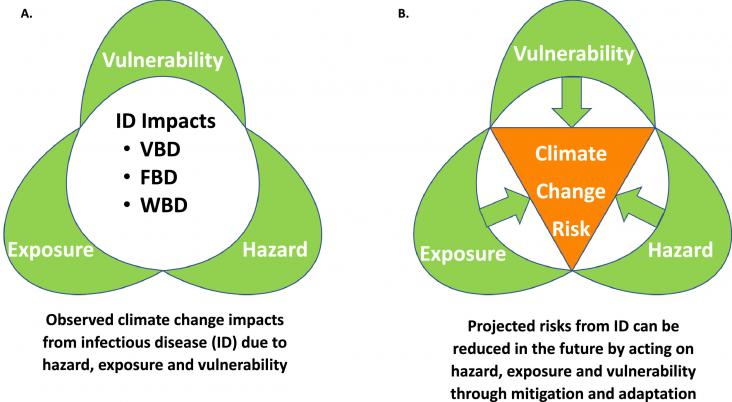This article examines the ways in which healthcare professionals can intervene to reduce pharmaceutical pollution.
Millions of people are affected by neurodegenerative diseases worldwide. They occur due to the loss of brain functions or peripheral nervous system dysfunction.

Despite the better understanding of the mechanisms underlying Alzheimer's Disease (AD) and launched clinical trials, no AD-modifying treatment based on a synthetic drug has been introduced for almost

The assembly of amyloidogenic peptides and proteins, such as the β-amyloid peptide, α-synuclein, huntingtin, tau, and islet amyloid polypeptide, into amyloid fibrils and oligomers is directly linked t
More than a century has passed since pathological protein aggregates were first identified in the brains of patients with neurodegenerative diseases (NDDs).

Europeans are not only exposed to direct effects from climate change, but also vulnerable to indirect effects from infectious disease, many of which are climate sensitive, which is of concern because

Amyloid proteins can aggregate into insoluble fibrils and form amyloid deposits in the human brain, which is the hallmark of many neurodegenerative diseases.



